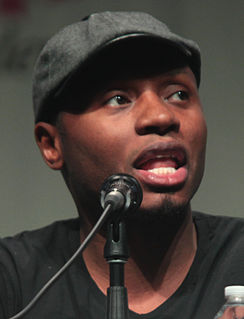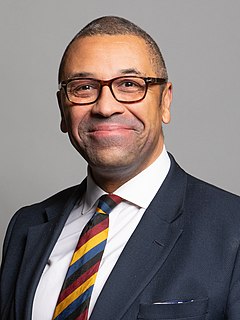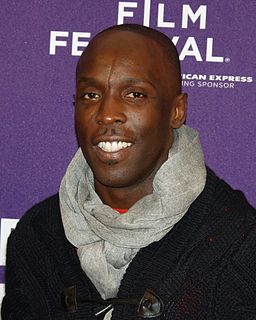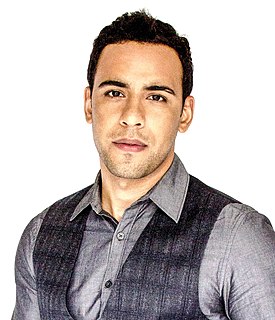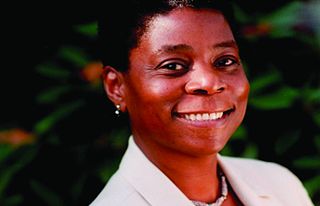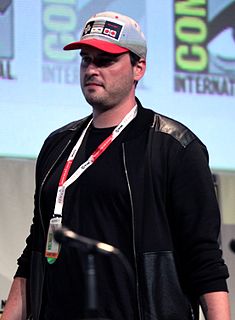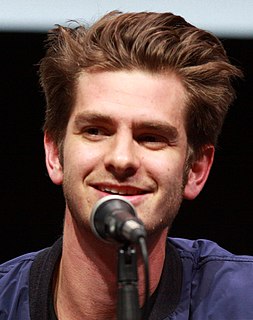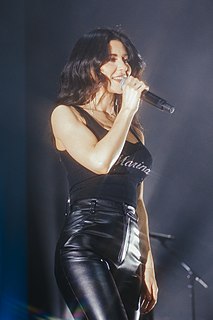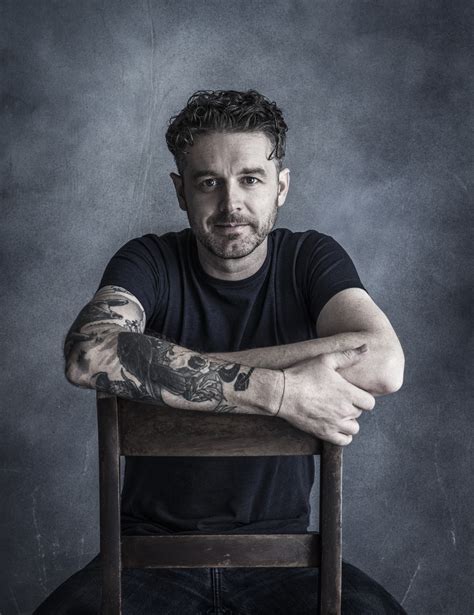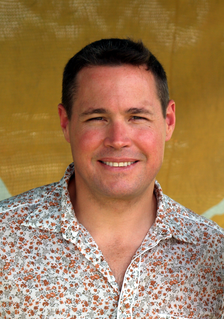A Quote by Luis Guzman
I think the Lower East Side inspires me. That whole neighborhood, a lot of the people that I worked with, seeing what we've gone through in life, being given an opportunity to understand who I am; my identity, my culture, and my roots.
Related Quotes
One of the things that we've got to understand... is that politics of identity has never gone away. And where people have had a strong identity, geographically, culturally, in terms of their employment... if that's gone and not being replaced by something else, then I think the right-of-centre's got to wake up to that.
My childhood was pretty colorful; I like to use the word turbulent. But it was a great time to grow up, the '70s and '80s in Brooklyn, East Flatbush. It was culturally diverse: You had Italian culture, American culture, the Caribbean West Indian culture, the Hasidic Jewish culture. Everything was kind of like right there in your face. A lot of violence, you know, especially toward the '80s the neighborhood got really violent, but it made me who I am, it made me strong.
One thing I had on my side when it came to How to Make It in America is that I'm a born-and-raised New Yorker. Filming in New York... I'm so thankful and humbled by the whole experience. A lot of it takes place in old neighborhood; I'm an East Village kid, so I get to see my old friends from the neighborhood, my family still lives there.
My grandfather and his wife came to America at the end of the 19th century from Hungary. Everyone started out on the Lower East Side. They became embourgeoise and would move to the Upper West Side. Then, if they'd make money, they'd move to Park Avenue. Their kids would become artists and move down to the Lower East Side and the Village.
The identity of just one thing, the "clash of civilization" view that you're a Muslim or a Hindu or a Buddhist or a Christian, I think that's such a limited way of seeing humanity, and schools have the opportunity to bring out the fact that we have hundreds of identities. We have our national identity. We have our cultural identity, linguistic identity, religious identity. Yes, cultural identity, professional identity, all kinds of ways.
When I got back to NY had the opportunity to work with the beginning years of the poetry project which was founded with money from the OEO under Lyndon Johnson to work with alienated youth on the lower East side. This was extraordinary, to be able to help then to create a culture that would capture the energy that I felt at Berkley.
I am really inspired when I am in an experience, at the front lines of conservation, and I see someone - a woman, a man, a child, a person - who has given up an opportunity to have a family, an opportunity for financial riches, even an opportunity for security, [to] put their whole life on the line to protect a species.

